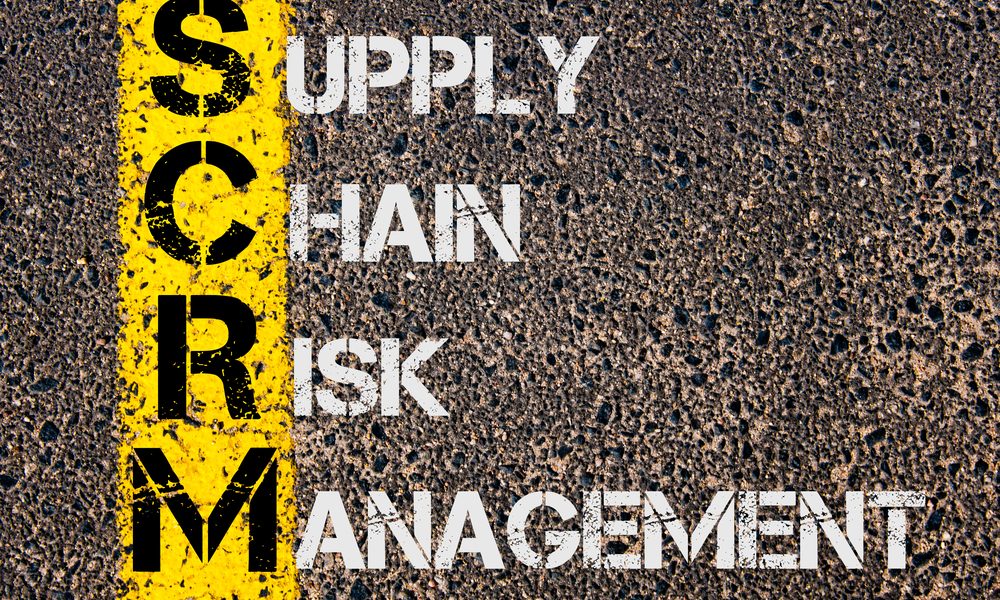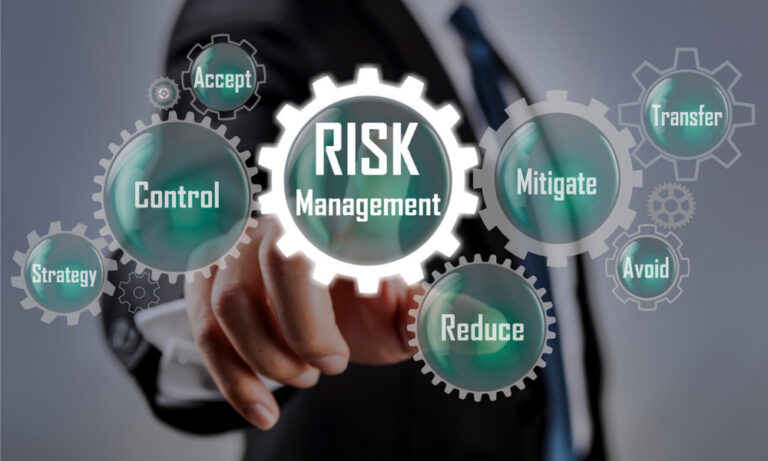
In recent years, supply chain risk management has become an increasingly important aspect of business operations. The global pandemic, natural disasters, trade wars, and cybersecurity threats have all highlighted the need for companies to have effective risk management strategies in place.
What is Supply Chain Risk Management?
Supply chain risk management is the process of identifying and mitigating risks in the supply chain to ensure the continuity of business operations. This involves identifying potential risks, assessing their impact, and developing strategies to manage or eliminate them.
The Importance of Supply Chain Risk Management
Effective supply chain risk management is essential for businesses to ensure the continuity of their operations and maintain customer satisfaction. The consequences of supply chain disruptions can be severe, including lost revenue, damaged reputation, and even legal liability.
With the increasing complexity of supply chains, it has become more challenging to manage risks effectively. Companies need to have a comprehensive understanding of their supply chains, including suppliers, logistics providers, and other partners. They must also develop contingency plans to mitigate potential risks and ensure business continuity in the event of a disruption.
The Benefits of Supply Chain Risk Management

Effective supply chain risk management provides several benefits, including:
- Minimizing supply chain disruptions
- Reducing costs associated with disruptions
- Protecting brand reputation
- Ensuring compliance with regulations
- Improving customer satisfaction
By proactively managing supply chain risks, companies can minimize the impact of disruptions and maintain their operations. This helps to protect their brand reputation and customer loyalty, which is essential in today’s competitive business environment.
The Role of Technology in Supply Chain Risk Management

Technology plays a crucial role in supply chain risk management. With the increasing complexity of supply chains, it has become more challenging to manage risks manually. Companies need to leverage technology to identify potential risks and quickly respond to disruptions.
Some of the technologies used in supply chain risk management include:
- Artificial Intelligence (AI) and Machine Learning (ML) to analyze vast amounts of data and identify potential risks
- Blockchain to enhance supply chain transparency and traceability
- Internet of Things (IoT) to monitor supply chain operations and identify potential issues
By leveraging these technologies, companies can improve their supply chain risk management capabilities and reduce the impact of disruptions.
Supply chain risk management is becoming an increasingly critical aspect of business operations. With the growing complexity of supply chains and the increasing frequency of disruptions, companies need to have effective risk management strategies in place. By proactively managing supply chain risks, companies can minimize the impact of disruptions, protect their brand reputation, and ensure business continuity.








